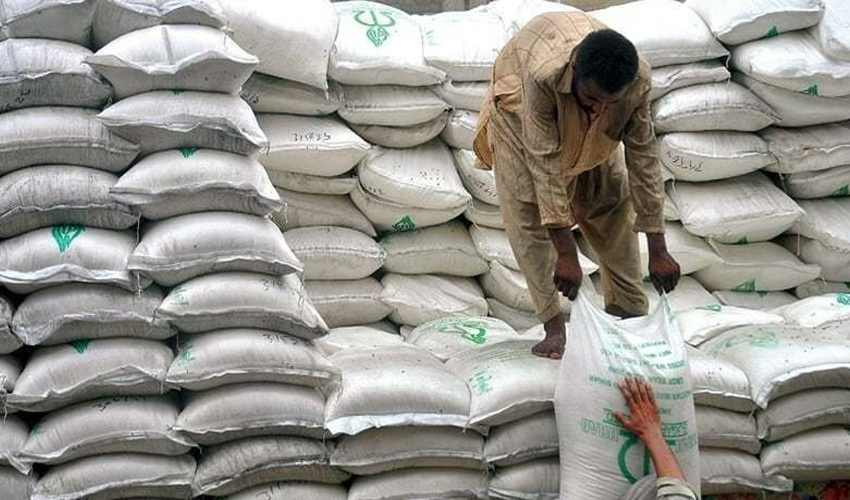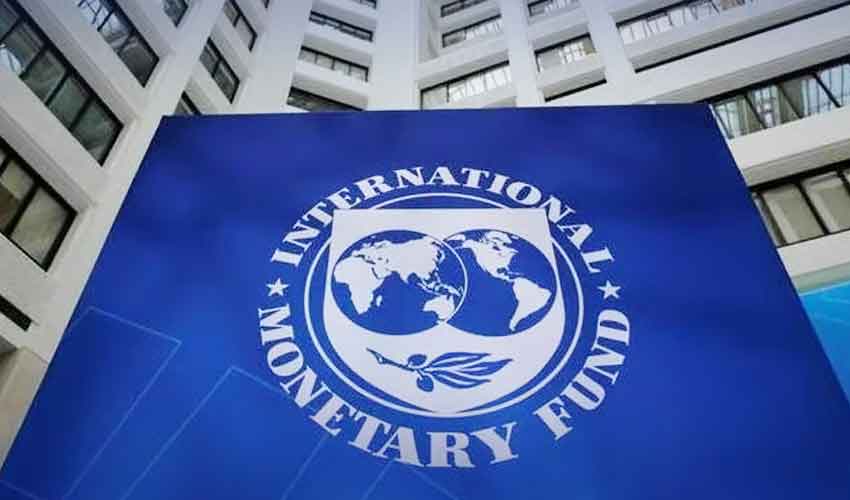The Pakistan Sugar Mills Association (PSMA) has appealed to the State Bank of Pakistan (SBP) for an extension on the repayment deadline for loans totaling PKR 200 billion.
In a letter addressed to SBP Governor Jameel Ahmed, the PSMA cited the federal government’s failure to approve the export of surplus sugar as the primary reason for their inability to meet financial obligations to farmers and banks.
The letter highlighted that after the 2023-24 crushing season, sugar mills were left with 7.5 million metric tons of sugar stock, while the country’s annual sugar consumption stands at 6 million metric tons.
The association had requested permission from the government to export 1.5 million metric tons of this surplus to ensure timely payments to sugarcane farmers and settle outstanding loans. However, the government only approved the export of 150,000 metric tons, leaving the industry in a precarious financial position.
As the September 30, 2024, deadline for loan repayment approaches, the PSMA expressed concerns over the industry's ability to clear the bank debts, given the constraints imposed by limited export permissions. The association warned that this situation could delay the commencement of the next sugarcane crushing season.
The PSMA’s letter explained that sugar mills produce enough sugar to meet the entire year’s demand within a three-month crushing period. They are required to pay sugarcane growers within 15 days of delivery, a challenging task given the scale of production.
Banks typically provide working capital loans to support the industry during this period, secured against sugar stock. However, the current inability to export surplus sugar has strained the industry’s cash flow, making it difficult to repay these loans on time.
The association has requested the SBP to instruct banks to extend the repayment deadline to December 31, 2024, to prevent financial instability in the local sugar industry. The PSMA also pointed out that the global sugar market has seen a price increase of approximately USD 60 per ton, driven by market conditions in Brazil.
They argued that the government has a renewed opportunity to capitalize on this price surge by allowing the export of surplus sugar, which could bring in much-needed foreign exchange, potentially avoiding losses worth USD 600 million.


























